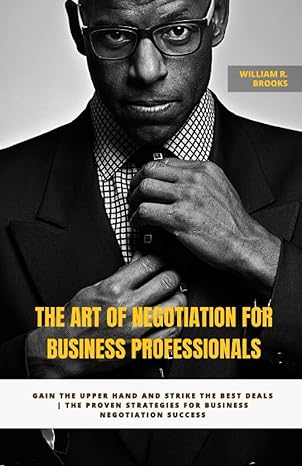Question
1. History of Economic Thought may be broadly into (a) Two parts (b) Three parts (c) Four parts (d) Five parts 2. The fundamental aim
1. History of Economic Thought may be broadly into
(a) Two parts
(b) Three parts
(c) Four parts
(d) Five parts
2. The fundamental aim of the mercantilise was the
make country
(a) Normal progress
(b) Stagnant
(c) Strong
(d) None of the above
3. Innovation theory was propounded by
(a) Pigou (b) Walras
(c) Schumpeter (d) Pareto
4. Difference between willing to pay and actual paid
is called as
(a) Consumer’s surplus
(b) Producer’s surplus
(c) Seller’s surplus
(d) None of the above
5. ‘Das Capital’ Book was written by
(a) Keynes (b) Pigou
(c) Amartya Sen (d) Karl Marx
6. Socialism means
(a) Equal to all
(b) Social development
(c) Producer’s development
(d) All the above
7. Full employment theory was famous with
(a) Keynes (b) Karl Marx
(c) Walras (d) Pareto
8. Milton Friedman theory was related to
(a) Employment
(b) Capitalism
(c) Socialism
(d) Money
9. Capability theory of welfare was given by
(a) Amartya Sen
(b) Keynes
(c) Malthus
(d) David Ricardo
10. Amartya Sen was awarded the Nobel Prize in
Economic in the year
(a) 1992 (b) 1994
(c) 1996 (d) 1998
Step by Step Solution
There are 3 Steps involved in it
Step: 1
The detailed answer for the above question is provided below 1 Ans The correct answer is b Three parts Explanation The History of Economic Thought is often divided into three broad parts Ancient and M...
Get Instant Access to Expert-Tailored Solutions
See step-by-step solutions with expert insights and AI powered tools for academic success
Step: 2

Step: 3

Ace Your Homework with AI
Get the answers you need in no time with our AI-driven, step-by-step assistance
Get Started


